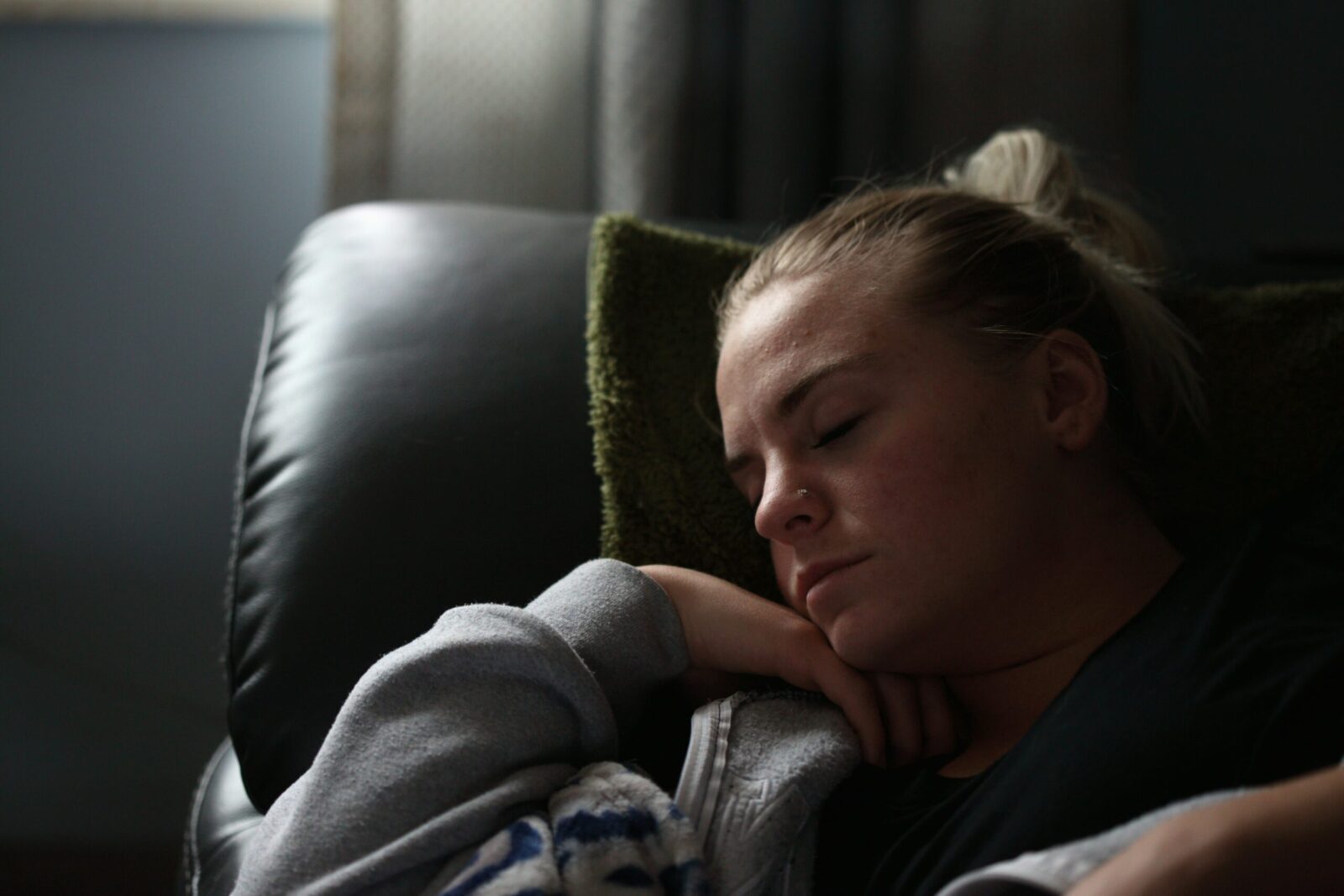Hormones aren’t just background noise. They shape how we think and feel—hour by hour, day by day. Estrogen, cortisol, testosterone, progesterone and others all have a say in energy, focus, memory, and emotion. When they fluctuate, so does our state of mind. This isn’t a weakness. It’s a biological reality.
Mental health doesn’t live in a vacuum. It’s connected to what’s happening in the body. Sleep, nutrition, menstrual cycles, stress—they all feed into how we process the world. Ignoring that link distances us from helpful insights.
What we need now is less judgment, more recognition. Being aware of these patterns helps, not hurts. It’s not about using hormones as excuses. It’s about building a clearer map of what’s going on, so we can move through it with less confusion—and less shame.
Ovulation (Around Day 14)
This is peak hormone mode. Estrogen and luteinizing hormone hit their high notes, and you may feel it. Energy is up, social confidence rises, and communication tends to feel easier. It’s a time when many people feel magnetic—sharp mentally, playful, outgoing.
But the spotlight isn’t all shine. For some, this surge can come with a spike in anxiety or restlessness. The body is revved up, but that can translate into emotional edginess or feeling wired with no off switch.
It helps to lean into structure. Keep routines steady, let caffeine take a backseat, and get outside when you can. Use the boost in clarity and charisma for connection—maybe a challenging conversation or public-facing project—but check in with your limits. This is the time to show up authentically, not overextend.
Your mood isn’t just about mindset—habits and biochemistry play heavy roles. Sleep, movement, and light exposure are bare-bones basics that still get overlooked. If you’re sleeping in 2 a.m. shifts, skipping meals, and staying indoors for days, don’t be surprised when motivation tanks. On the other hand, regular movement, morning light, and consistent routines help anchor mood, acting as non-negotiable stabilizers.
Then there’s the nutrient side—the stuff that’s easy to overlook until it slips. Deficiencies in B vitamins, iron, magnesium, or omega-3s can mirror depression, anxiety, or plain burnout. The tricky part? Blood levels don’t always tell the whole story. Many women walk around technically “normal” but still feel off. That’s where tuning into both data and symptoms makes the difference.
Start with food before heading into supplement land. Build your base with whole sources, then test and adjust if symptoms still flare. Mental fog, irritability, low energy—these might not be just life stress. They can be flags from your system asking for actual fuel.
For a breakdown of must-knows, check out the deep dive here: Nutrition Essentials Every Woman Should Know.
Hormones can influence mood, but there’s a line where disruption goes from uncomfortable to unmanageable. The signs aren’t always loud. It’s not just about feeling irritable or sad. It’s when anger turns explosive for no clear reason, when hopelessness sticks around for days, or when your relationships and work start buckling under emotional stress you can’t seem to explain or control.
That’s where PMDD (Premenstrual Dysphoric Disorder) enters the conversation. Unlike typical mood swings linked to a cycle, PMDD is more intense. It can bring depressive episodes, panic, rage, or disconnection that feels out of sync with the person you usually are. If these shifts appear monthly, predictably, and hit like clockwork, it’s a flag.
Mindset and lifestyle tools—like journaling, movement, or supplements—have their place, but they can’t fix everything. If hormones are wreaking havoc on your peace of mind, it’s time to stop self-managing and start talking to a professional. A doctor or hormone specialist can help map out what’s really going on beneath the surface and guide you toward real, tailored solutions.
Hormonal cycles can absolutely knock you off your game—and for many creators, that’s been a quiet force running in the background. Fatigue, mood swings, anxiety spikes—these things aren’t just personal health issues, they’re creative roadblocks. But here’s the hard truth: they’re not excuses. They’re signals.
Understanding your hormonal rhythms gives you leverage. Whether it’s syncing up your filming schedule to your energy highs or giving yourself space to breathe during tougher weeks, knowledge becomes a strategy. Creators who track and adapt are building more sustainable routines—not reacting, but anticipating.
Mental health is never one-size-fits-all. Some vloggers thrive on tight routines. Others need looser systems. What matters is that you aren’t guessing. Track the patterns. Learn what works. Adjust as needed. The more in-tune you are with yourself, the better your content—and your sanity—will be.




